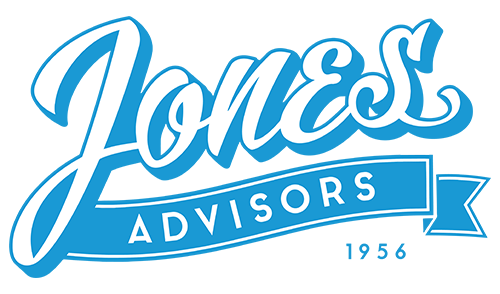
Making claims may cause your insurance company to drop you or increase your rates – True or False?
True. This can be a case of Bad News and More Bad News, especially if you are talking about homeowners or auto insurance. (Life and Health insurance is a different matter.)
You are already upset because you discovered a water leak had rotted out your laundry room floor. Or you backed your car into a tree in your own yard and are very frustrated at your bad luck. Now you are getting the message that you might not want to turn in this claim to your insurance company. You have heard that it might cause the company to raise your rates or even cancel your policy.
“Then why am I paying all these premiums if I can’t even file a claim?” you ask.
There are no simple answers here, but there are some guidelines to help work through the decision:
- Insurance is designed to deal best with “catastrophic” losses. If your house burns down or your car is totaled, you turn it in. You will never pay back in additional premiums what the company will pay out for you.
- “Small” claims, generally $1000 or less, on your auto and homeowners may be best handled outside of your insurance. They could cause you more trouble than you think, especially if this is not your first claim.
- Many claims fall into the “gray area”. This is where you need expert advice. You should consult with your insurance agent to evaluate your total situation and make the best decision.
For an excellent real-life story, see WRAL’s website: https://www.wral.com/wendell-woman-shares-warning-after-being-dropped-by-insurance-for-filing-two-claims/17513029/
Do I need to change the amount being withheld from my paycheck in 2018 after the passage of the Tax Cuts and Jobs Act?
The answer, of course, is: “It depends”.
Among other things, the Tax Cuts and Jobs Act released December 22, 2017 increased the standard deduction, removed personal exemptions, increased the child tax credit, limited or discontinued certain deductions, and changed the tax rates and brackets. The IRS is encouraging taxpayers to use the new online withholding calculator to make sure workers have the right amount of tax taken out of their paychecks.
If changes to withholdings should be made as result of these changes, the IRS withholding calculator provides employees information they need to fill out a new Form W-4. Employees must submit a completed Form W-4 to their employers. The following links may be helpful:
Form W-4 (2018)
I’ve been involved in an auto accident that was not my fault and the other insurance company will not pay the claim or provide me with answers – what can I do?
It may be time to file this claim with your own insurance company.
You are reluctant to have a “black mark” on your insurance record for something that was not your fault, but your own company is well equipped to work through this claim and get it settled for you. Even though you would be filing a claim under your collision coverage for damage to your car, you and your company have the same goal here: get the responsible party to pay for your damage.
The first step in filing your claim is to talk with your insurance agent. Sometimes a call or two from an agent can get the claim back on track. If the claim is particularly large, complex, or disputed, you may want to consider hiring your own attorney. Your attorney can also advise you as to the possibility of recouping legal fees.
Did the contribution limit change for my Health Savings Account?
Yes, but it changed back.
As you may remember, we told you in March that the IRS had determined that the maximum contribution that a family could make to a Health Savings Account had dropped mid-year from $6,900 to $6,850 – an awkward and confusing decision for many folks who had already made a deposit in their Health Savings Account for 2018.
This change also caused a great deal of outrage among employers and consultants like Jones Insurance, and two weeks ago, the IRS relented. So the maximum contribution that someone with a qualifying High Deductible Health Plan plan for themselves and their family will return to $6,900 for 2018.
We know that this may be too late for some folks who already made a change based on the original announcement, but the good news is that there is nothing to stop someone from going back and contributing the additional $50 to their Health Savings Account. OR if you made no change from the $6900, you do not need to take any action now.

